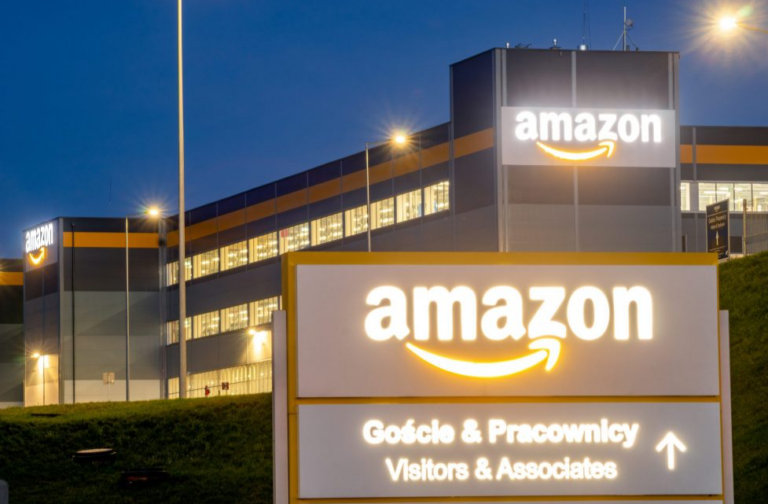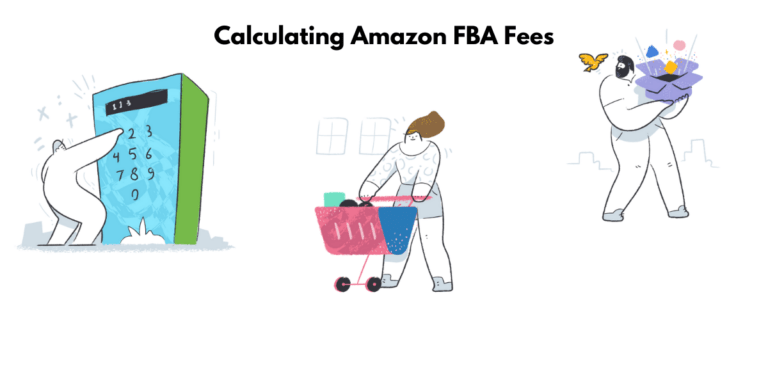Is Amazon a 3PL: Can FBA services be considered as third-party logistics (3PL)?
Is Amazon a 3PL?
In recent years, Amazon has been increasingly involved in the logistics and transportation industry. This is evident through their acquisition of companies such as Kiva Systems and their development of new products like the Amazon Flex program. Some have even gone so far as to label Amazon a 3PL provider. But is this accurate? Let’s take a closer look.
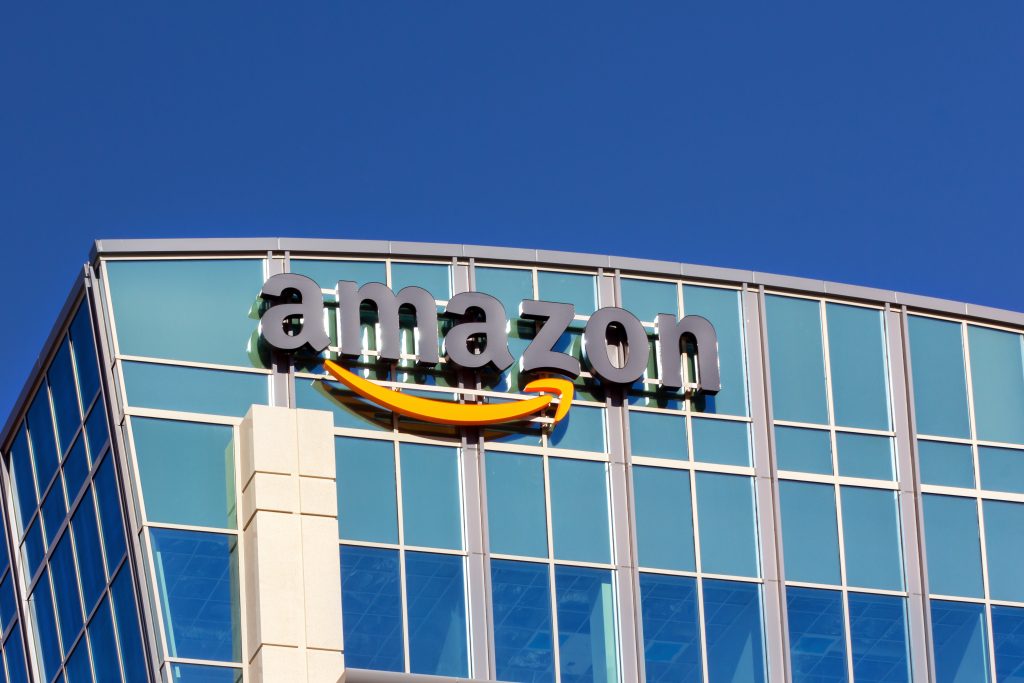
What is Amazon?
Amazon is an online retailer selling consumer electronics, digital media, and home and kitchen products. Amazon also offers a wide range of services, such as cloud storage, music streaming, and ecommerce.
What is Amazon logistics?
Amazon Logistics is a delivery service offered by Amazon.com. It handles the shipping and delivery of packages for businesses and individuals who use the Amazon marketplace to sell their products with corresponding Amazon mcf fees. The service is available in the United States, Europe, and Japan.
According to the reference, Amazon’s Fulfillment by Amazon (FBA) service allows sellers to store their products in Amazon’s fulfillment centers. Amazon customers have a higher chance of visibility on Amazon’s dominant eCommerce catalog and are also beneficiaries of two-day shipping. Amazon FBA customers can access the full range of Amazon’s fulfillment options, including proprietary 3PL services.
What does this mean for other 3PLs?
It is widely accepted that Amazon has had a profound impact on other 3PLs. This is because Amazon has successfully leveraged its size and scale to create efficiencies in its logistics operations. As a result, many other 3PLs have been forced to adopt similar strategies to remain competitive.
Some of the best practices that have emerged due to Amazon’s success include efficient order fulfillment, robust tracking and tracing capabilities, and innovative use of technology. Additionally, many 3PLs have also begun offering value-added services such as returns management and cross-docking to meet their clients’ needs better.
What is a 3PL platform?
A 3PL operating platform is a type of outsourcing firm that specializes in managing the supply chain for large companies. These platforms provide companies with the necessary resources and expertise to manage their manufacturing and distribution processes.
What is the difference between 3PL and fulfillment?
3PLs provide outsourcing services such as shipping, packing, and fulfillment, while fulfillment companies handle shipping products to customers.
What should you look for in a 3PL facility?
There are many factors to consider when choosing a 3PL provider. Here are some of the most important things to look for:
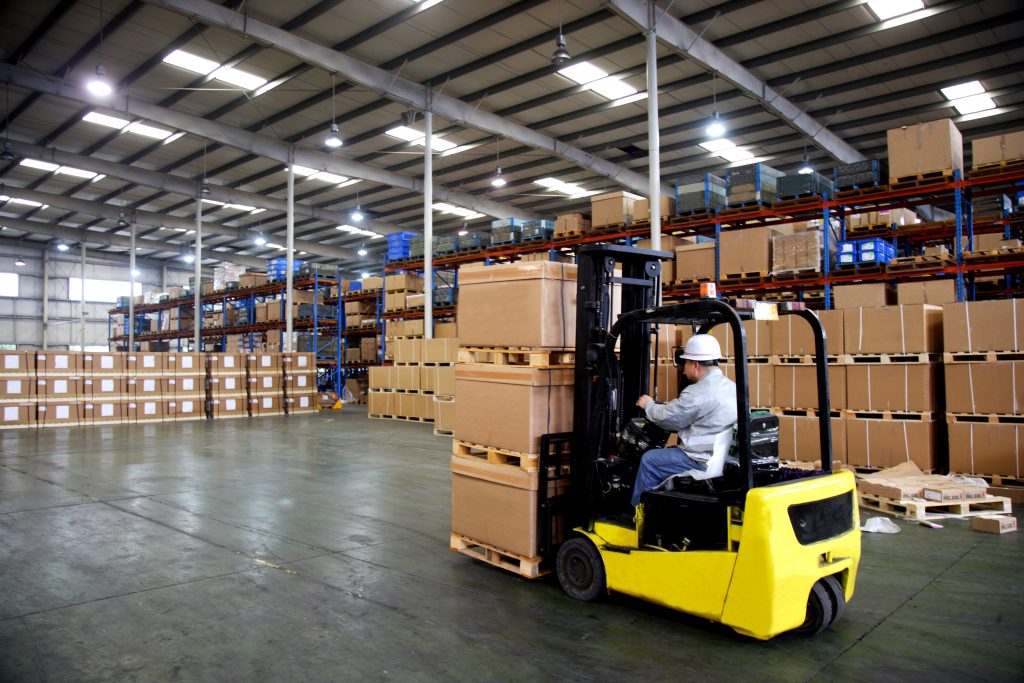
Size of facility
The size of a 3PL company’s warehouse storage capacity is important when choosing one. A 3PL company that can’t accommodate your bulk inventory storage needs may not be your best option. Additionally, the size of the 3PL facility is important in calculating shipping costs. If the facility is too small, it may not be able to handle the number of products you plan to ship per month. Consider the size of the facility when choosing a 3PL.
Location
Location is an important factor to consider when choosing a 3PL facility because it can be helpful to have a 3PL close to your shipping port of entry. Having a 3PL close to your shipping port of entry can help improve shipping times and reduce logistics costs.
Layout
The layout of a 3PL company’s fulfillment center can affect the efficiency of your supply chain management. How products are stored, the layout of the warehouse and the way orders are processed can impact how quickly and efficiently your products reach your customers.
Equipment and technology
Third party logistics (3PL) providers should look for facilities that can handle both regular inventory shipments and online orders. To meet customer needs, warehouses need more information than ever before. Warehouse providers should use best-in-class techniques such as RFID tracking and analytics to achieve the best results.
Management
Management is an important aspect of a 3PL facility because it helps ensure efficient and effective operations. A supply chain manager at Amazon logistics wants to determine your logistics operation, ensuring that your inventory is properly managed and that your orders are fulfilled promptly and accurately. In addition, a good management team will be able to troubleshoot any problems that may arise, ensuring that your business runs smoothly.

Employee training and development
Companies must invest in employee training and development to stay ahead of the competition and maintain high productivity levels. There are a variety of best practices for employee training and development, which vary depending on the company’s specific needs. Employee training and development can help companies improve their productivity, agility, and competitiveness.
Customer service
Customer service is an important aspect to look for in a 3PL facility because it can help you increase supply chain efficiency, streamline your business, and manage operational costs.
Warranty and guarantee
When looking for a 3PL facility, it is important to consider whether the provider offers a warranty or guarantee. This can save you time and hassle if you need to process a return or refund.
Communication
Potential customers need to communicate with providers when considering a 3PL facility to ensure that all stakeholders are on the same page and that the provider understands the customer’s expectations. Furthermore, communication helps to build trust between the provider and the customer.
Financial stability
A 3PL facility needs to be financially stable to avoid bankruptcy and provide predictability in future operations. A stable 3PL can invest more in long-term facility improvements, which leads to increased efficiency and productivity.
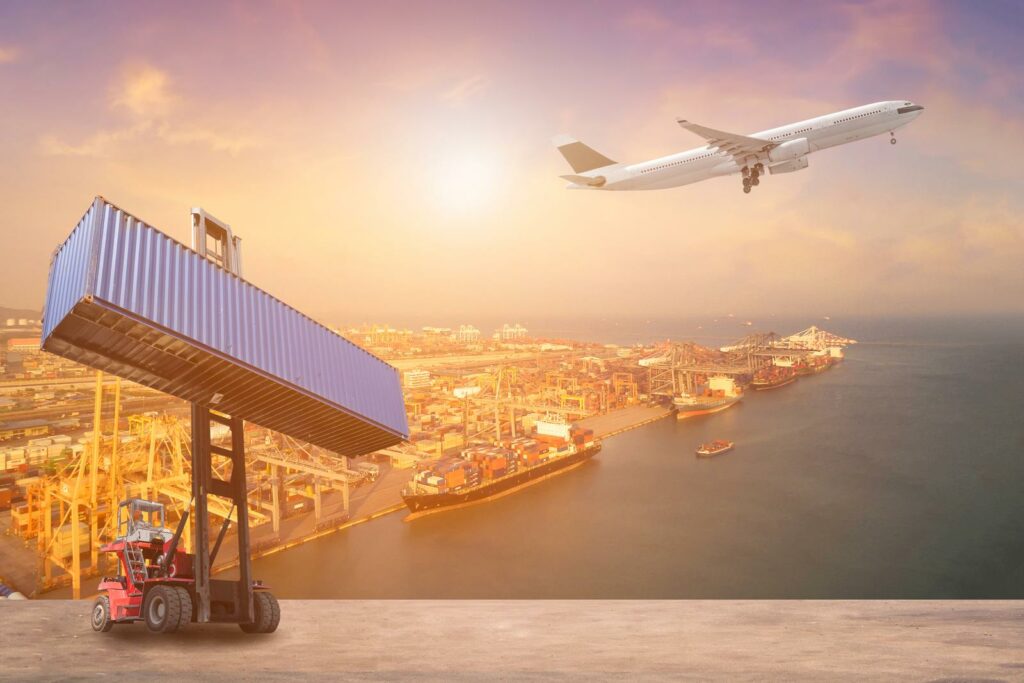
What are the best practices for ecommerce logistics?
Ecommerce logistics can be a bit of a minefield.
There are many different aspects, from warehousing and fulfillment to shipping and delivery. And with the ever-changing landscape of ecommerce, it can be hard to keep up with the latest best practices.
But don’t worry, we’re here to help. In this blog post, we’ll share our top tips for ecommerce logistics, including how to streamline your operations and optimize your shipping strategies.
Use a 3PL
A 3PL is a company that provides outsourced logistics services. This can be expensive up-front, but it can more than pay for itself in the long run. It is always recommended to use Fulfillment by Amazon when possible for Amazon sellers.
Use RFID tags
Amazon is a company that started as an online retailer and has since expanded into logistics. One of the ways that Amazon has been able to improve its logistics is by using RFID tags. RFID tags are small, electronic tags that can be attached to items to track their movements. By attaching RFID tags to products, Amazon can track the movement of products throughout the supply chain and make sure that they are delivered promptly. RFID tags can also be used for other purposes, such as tracking inventory and reducing risk management costs.
Use quality control procedures
It is important to use quality control procedures in ecommerce logistics to ensure that products are received, stored, and shipped on time. Quality control includes unit labeling, carton labeling, and pallet labeling, as well as applying expiration date labels. Other tasks include making configuration sets from master cartons, preparing fragile items, shipping out pick and pack orders, and billing third party to 3PL Amazon. Quality control must be performed before each stage of the ecommerce logistics process to ensure quality products are delivered on time.
Use a reverse logistics process
When it comes to ecommerce logistics, reverse logistics is an important process to consider. This is because it can save time and hassle when processing returns. For sellers using Amazon’s Fulfillment By Amazon 3PL service, they have access to Amazon’s return processing policy and process. Sellers need to ensure their customers are happy, including giving them more than they expect. Fulfillment is one of the most important tasks for sellers and involves ensuring customers receive the correct product in the correct timeframe. When using a 3PL company to fulfill orders, this process becomes easier as the 3PL company takes care of the logistics involved.
Use a secure website
A secure website is important for ecommerce logistics because it helps protect customer data. Companies can ensure that their customers’ information is safe from hackers and other cyber threats by having a secure website. A login system also allows customers to access their account information easily, and a scheduling system makes it easy for them to find and book appointments with customer support representatives.
Use 24/7 customer support
24/7 customer support is to help ecommerce logistics companies deal with Amazon storage limits. With this new benefit, sellers will no longer worry about summary account suspensions.
FAQs
Here are some of the most frequently asked questions about logistics:

What are Amazon’s core businesses?
Amazon’s core businesses include ecommerce and cloud computing. Amazon has significantly impacted the 3PL industry, with survey participants citing its impact on innovation, competition, and pricing.
What is Amazon’s logistics network?
According to the reference, Amazon is investing in logistics facilities across the US and around the world to expand into a 3PL. Amazon has registered as a non-vessel-operating common carrier to manage better the flow of goods from China to the US. Additionally, Amazon fulfillment is expanding its sortation centers, Seller Fulfilled Prime Now hubs, and grocery delivery stations across the US. Furthermore, Amazon is also expanding into Europe, building a delivery and fulfillment network country by country. All these investments aim to improve efficiency and speed up delivery times.
What are Amazon’s fulfillment centers?
According to the reference, Amazon is a competitor to most 3PLs. They operate 161 fulfillment facilities (17 more planned), totaling 69 million square feet of space. Fulfillment By Amazon is the default fulfillment provider for many companies selling on the Amazon website. Consumer orders come into the manufacturer’s website and are sent to Amazon for fulfillment by the nearest DC, which may be within that 3PL-operated warehouse.
What is Amazon’s shipping policy?
According to Amazon’s shipping policy, products can take some time to be delivered. This is because Amazon offers different shipping speeds, including Standard, Expedited, and Priority. This move gives Amazon more power over Amazon seller central and may cause stricter scrutiny by the FTC.
What is Amazon’s return policy?
Amazon offers a return service to help customers process returns and refunds easily. An Amazon FBA seller can use Amazon’s return service to manage returns and refunds. Amazon offers a full omnichannel return solution, including the ability to return items through the Amazon website, Amazon app store, and Amazon devices. Customers can find information about returning an item in an ecommerce returns policy. Whiplash + Loop is a guide to holiday return management that provides tips on handling returns during the holidays.
What are Amazon’s customer service policies?
Amazon’s customer service policies are designed to maintain trust with customers. The company offers a revenue calculator to help businesses determine if Amazon FBA prep is right for them and integrates with inventory management software to consolidate all sales channels into one location. Amazon offers low startup costs and minimal fees for an Amazon seller upgrading to a higher tier.
What is Amazon’s warranty policy?
If a product is sold through Amazon Warehousing & Distribution service, Amazon’s warranty policy terms apply.
How does Amazon compare to its competitors?
Amazon is a top competitor for third party logistics (3PL) companies because of its emphasis on faster shipping. Other 3PL companies offer benefits that Amazon can’t, like larger scale. However, because Amazon isn’t a 3PL but a retailer, it doesn’t always follow the rules.
Is Amazon a 4pl or 3pl?
Amazon is a 4pl company.
- Smart Warehouses Unveiled: Tech for Today’s 3PL Needs - February 26, 2025
- The Lifecycle of Trade: How Mobile Apps Could Help Your Logistics Business - October 6, 2021
- 8 facts you didn’t know about Amazon’s supply chain system - June 22, 2021


